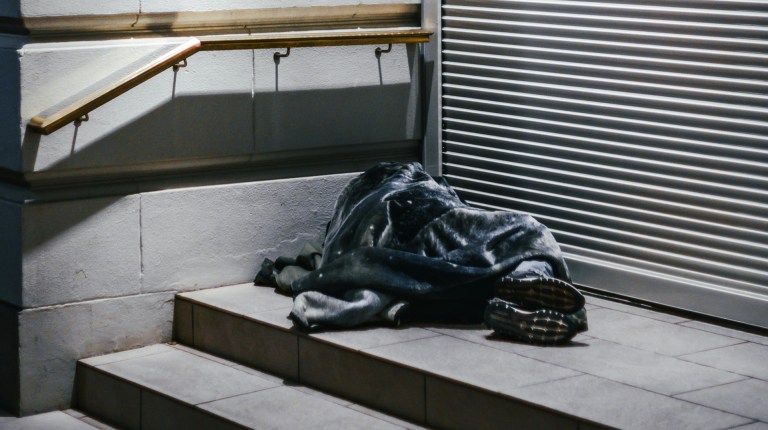We are a curious mix. On the one hand we are incredible. We can transform the fabric of the Earth into everything from nano-bots to space stations! On the other hand, we are fat (despite many of us being intolerant to the food that agriculture produces), stress-ridden, hopelessly drawn to fake news, unable to escape the world of social media, prone to violence and likely to fall into addictive behaviour at the drop of a hat. For a species that has achieved global domination, we have a remarkable list of problems, and a great many of those problems seem to be products of the modern world we have created.
A defining characteristic of humans is that oddly fissured, pleasingly shaped lump of grey matter in our skulls. Our brain is unique and, controlling our highly dextrous hands, it has driven the innovation that has created the modern world. It is also, like the rest of our bodies and the dizzying range of reactions, enzymes, hormones and processes that keep it operating, the product of evolution. Evolution takes place through a beautifully logical process called natural selection. Individuals bearing genes that code for features providing some survival or reproductive benefit will likely allow that individual to produce more offspring than others, and so push more copies of those successful genes into the next generation. This process is what creates the ‘fit’ between organisms and their environment. We are as much a product of evolution as any other living thing but our large and complex brain allows us to change our environment, often dramatically. When that happens, all those adaptations that served us so well find themselves mismatched for the new world we have created. It is this mismatch between our evolutionary heritage and our modern world that can help to explain many of our current woes.
The constant drip-feed of stress in the modern world means that we are constantly preparing for a fight that isn’t going to come
Stress is a great example of how our evolutionary heritage conspires against us in the modern world. Stress is, at its most basic, an absolute life-saver. Everyone has felt that sudden jolt of adrenaline, the tensing of muscles, the raising of heartbeat that accompanies some immediate and potentially life-threatening situation. Those physical responses, the product of a complex set of hormones released from sites across our bodies, prepare us to fight or to flee. This ‘fight or flight’ mechanism has likely saved you, and every one of your ancestors, from injury or even death. Of course, being jacked-up into a state of fight or flight isn’t good for you in the long term, and even in the short term it can cause problems for people with underlying heart conditions. But the benefit of being ready and able to sort out immediate existential problems far outweighs the cost. The problem in the modern world is that our finely tuned, evolved response to stress is being overloaded.
The stresses our modern lives impose are not so much big as they are constant. Think about a typical modern day and compare it with one of a modern human living 20,000 years ago. Sure, many of us don’t have to worry about predators or foraging food, but almost every minute of the modern life is full of micro-stresses. Whether it is attending to the constant buzz of social media notifications, even more the case now that Covid-19 has driven many of us to working from home, answering the constant stream of emails, sorting out transport problems, juggling interest rates, finding the right work-life balance, worrying about pensions, trying to budget, fixing family problems, or following the news, the modern world is awash with potential stress that simply didn’t exist even relatively recently. The constant drip-feed of stress in the modern world means that we are constantly, in a low-level way, preparing for a fight that isn’t going to come, and this is affecting our health. Headaches, muscle tension, chest pain, fatigue, loss of libido, and problems sleeping all influence our mood and behaviour, which can create more stressors in an immensely harmful feedback cycle. Stress-induced headaches make us anxious and can lead to self-medication through drug and alcohol abuse. Evolution has furnished us with an incredible mechanism for getting us out of trouble but it doesn’t play out well in a modern world where stressful situations are all around.
It isn’t just stress that is more ‘potent’ and more concentrated in the modern world. Drugs and alcohol are also far more potent and available than ever before and again this works against our evolution. Our brain has evolved a powerful ‘reward pathway’ that incentivises and trains us to seek out things that are good for survival and reproduction, like food and sex. Modern-world drugs are far better at stimulating that reward pathway, ‘hijacking’ our brains and making us willing hostages.
Studies indicate that we are adapted for social networks of perhaps 150 people; throw in the online networks of thousands and we struggle to cope
More potency and availability problems lie in wait to act against our evolution when we venture online. The internet has created the potential for huge social networks, and for some of us these virtual friendships and interactions can cause mental health problems and even lead to suicide.









